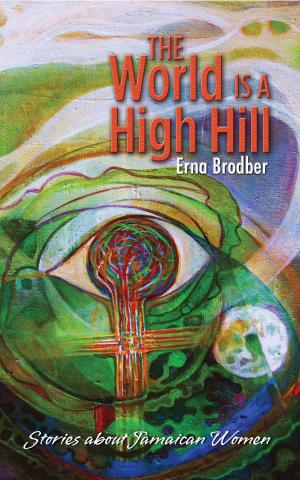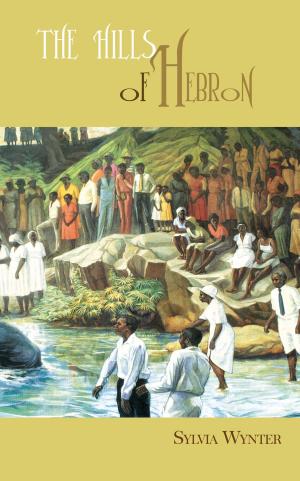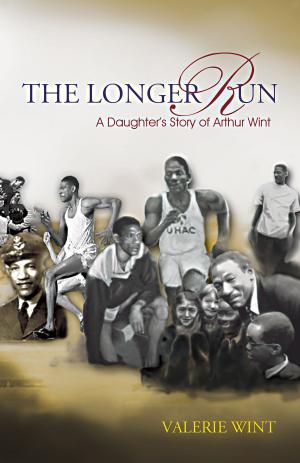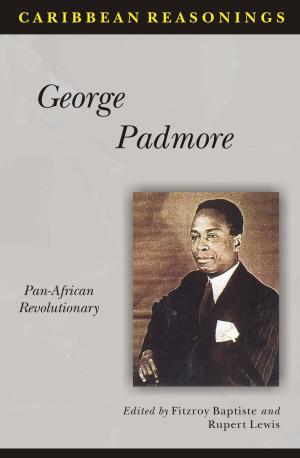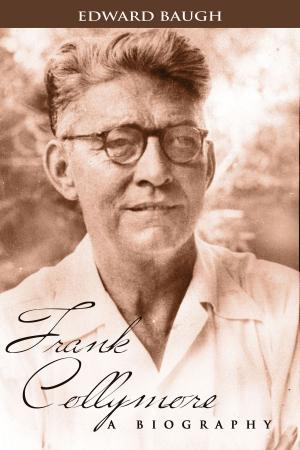Nanny's Asafo Warriors: The Jamaican Maroons' African Experience
Nonfiction, Social & Cultural Studies, Social Science, Sociology, Rural, Cultural Studies, Customs & Traditions, Anthropology| Author: | Werner Zips | ISBN: | 9789766376659 |
| Publisher: | Ian Randle Publishers | Publication: | March 6, 2014 |
| Imprint: | Language: | English |
| Author: | Werner Zips |
| ISBN: | 9789766376659 |
| Publisher: | Ian Randle Publishers |
| Publication: | March 6, 2014 |
| Imprint: | |
| Language: | English |
In 1975, Nanny was declared the first, and is so far the only female National Hero in Jamaica. This was seen as a breakthrough in acknowledging the historical dimension of her people, the Maroons, as freedom fighters. The Maroons are, to this day, viewed in some quarters as a self-styled military elite who abandoned their fellow Africans on the plantations once they had procured their own freedom through the signing of peace treaties with the British Crown. However, Nanny’s Asafo Warriors has documented that much of what is taken for granted concerning the Maroons’ history are mere reiterations of the enslavers’ constructions.
Werner Zips takes Nanny’s key role in the Maroon societies from the seventeenth century to the present as a point of departure to probe into the African political, legal, social and religious experiences throughout the periods of slavery, colonial rule and postcolonial nation building. Nanny’s Asafo Warriors may still inspire the resistance against all form of inequality in the African Diaspora.
In 1975, Nanny was declared the first, and is so far the only female National Hero in Jamaica. This was seen as a breakthrough in acknowledging the historical dimension of her people, the Maroons, as freedom fighters. The Maroons are, to this day, viewed in some quarters as a self-styled military elite who abandoned their fellow Africans on the plantations once they had procured their own freedom through the signing of peace treaties with the British Crown. However, Nanny’s Asafo Warriors has documented that much of what is taken for granted concerning the Maroons’ history are mere reiterations of the enslavers’ constructions.
Werner Zips takes Nanny’s key role in the Maroon societies from the seventeenth century to the present as a point of departure to probe into the African political, legal, social and religious experiences throughout the periods of slavery, colonial rule and postcolonial nation building. Nanny’s Asafo Warriors may still inspire the resistance against all form of inequality in the African Diaspora.

